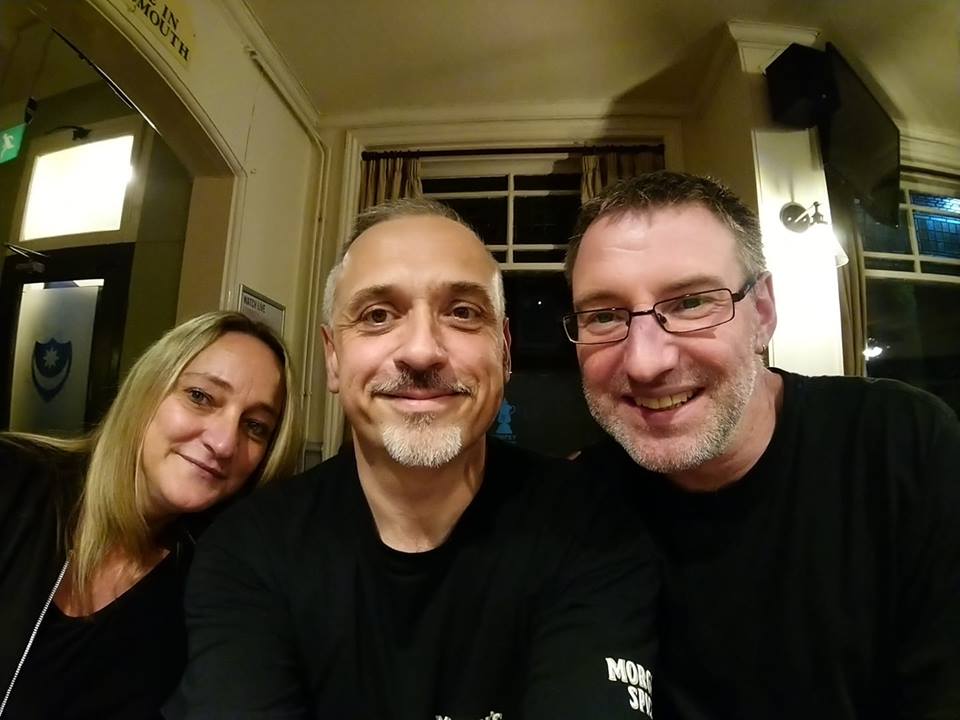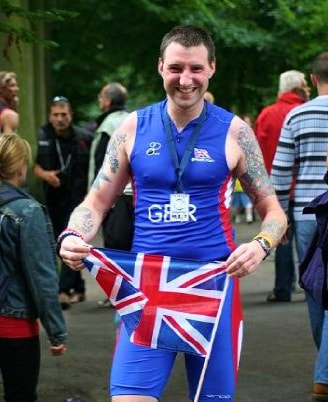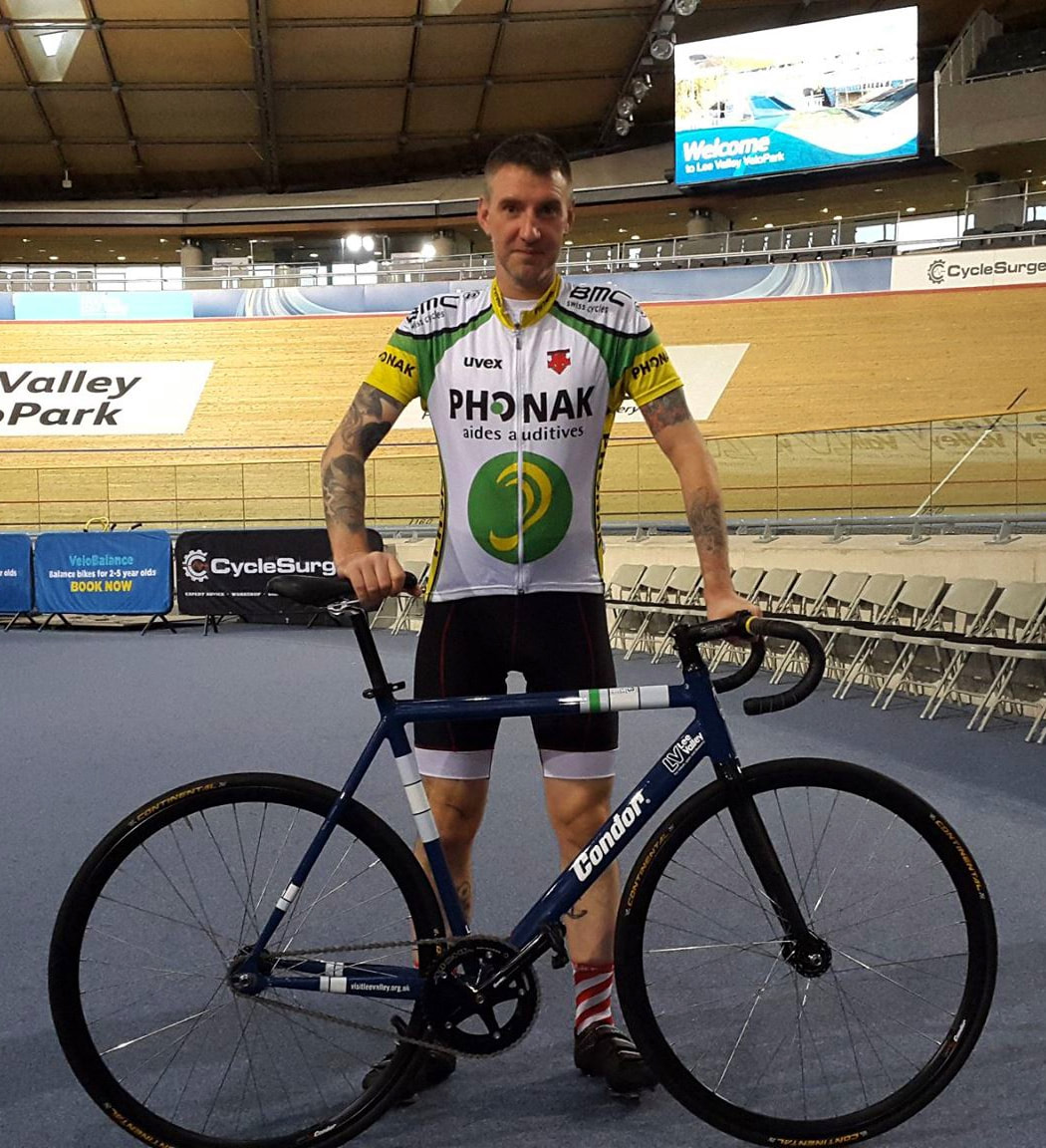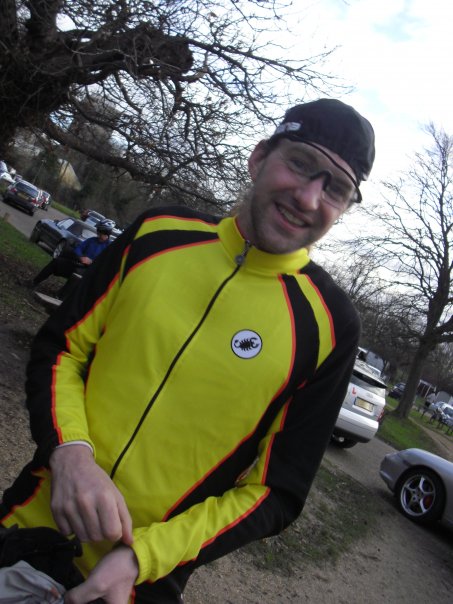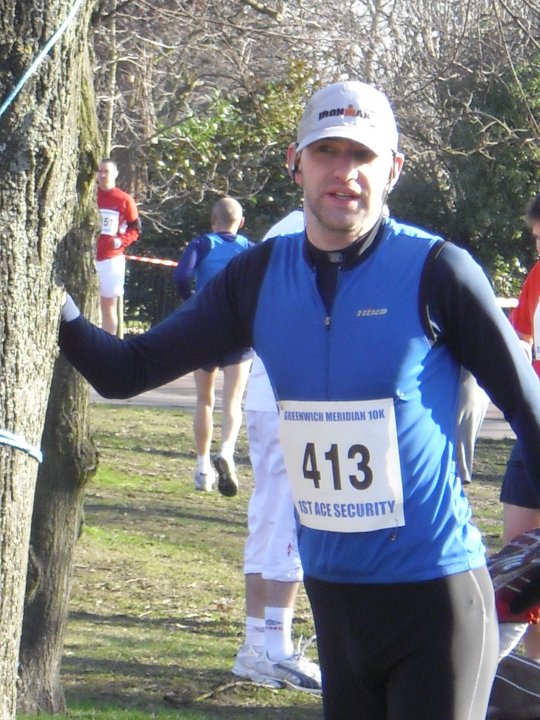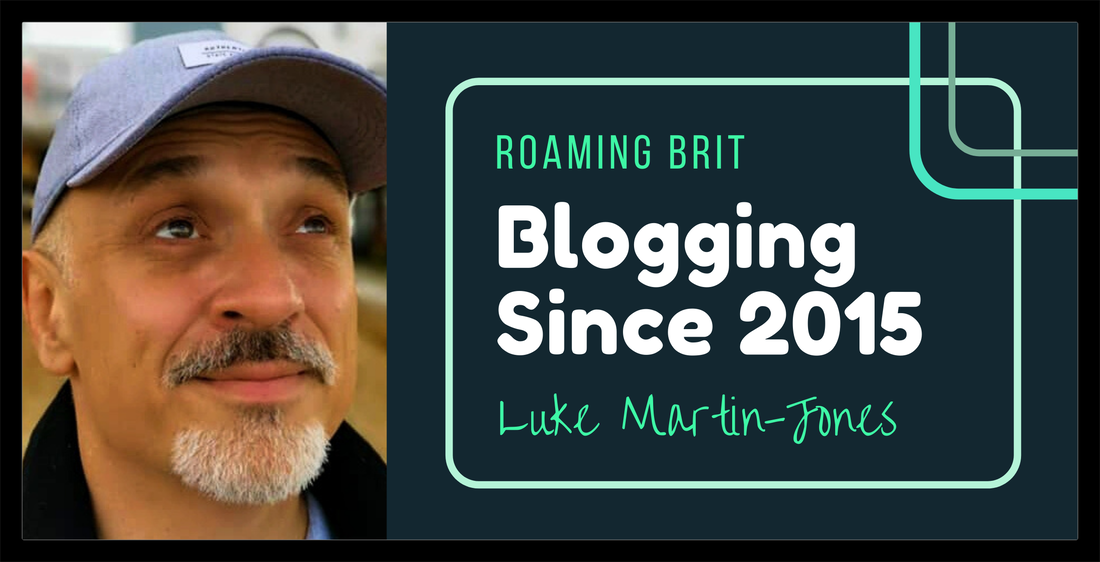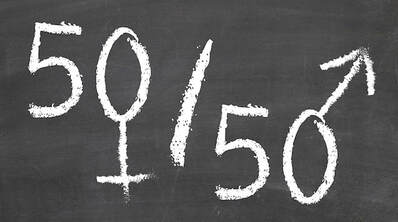 Is sport as diverse as it can be and is it a level playing field (no pun intended) for all who participate? It is an interesting question and something I’ve been reflecting on after watching a few TedTalks and some of the reading I’ve been doing recently. If we look at running as an example, men and women at a professional or elite level don’t compete together within the events they participate in. I looked at the world records for some of the track events – the current world record for the men’s 100 m is 9.58 seconds, whereas the women’s record is 10.49 seconds (that time would not have gained a qualification to the men’s 100 m final at the last Olympic Games in Rio). The figures and differences follow a similar trend as you look at 200 m, 400 m, 800 m, and so on. Where this trends starts to drift is at marathon distance and beyond. There was no official women’s marathon at the Olympic Games until 1984!!!! Women had competed occasionally, but it wasn’t fully recognised. It wasn’t until the late 1960’s that women were permitted to run in marathons as elite athletes. This is staggering really as the evidence suggests that women are able to compete with men on an almost equal footing when the distances increase. I did a presentation in work about 6 years ago as part of a course on the cyclist Beryl Burton (“Who?” you are probably thinking – and no one attending the course had heard of her either). Beryl Burton was a phenomenal athlete who held multiple national records in an amateur career that spanned 4 decades as well as winning multiple national and world titles. The most remarkable title she held was the national 12-hour time trial championship in 1967 where she rode 277.25miles. She beat all the men taking part and held the national record (for both men and women – the women’s record stood until 2017!!!!!!) I’m still of the opinion that had women been able to compete in track cycling at the Olympic Games whilst Burton was still riding she would be our most decorated Olympian – however, very few people outside of cycling have ever heard of her. Within Ultra-distance running women are not only competing but are also winning events outright. Pam Reed won the Badwater Ultra in 2002 (this is considered to be one of the toughest footraces on the planet – 135miles through Death Valley!!) beating the first man home by over 4 hours and 30 minutes. It wasn’t a fluke either because the following year she repeated this by beating the first man to finish by 25 minutes (and that man was Dean Karnazes – one of the best male ultra-runners in the world!). Mimi Anderson has also won multiple races outright as have multiple other female ultra-runners, but very rarely do we hear about it. Jasmin Paris made national headlines and received much media coverage in 2019 after winning the 2019 Spine Race (268miles along the Pennine Way). There have been multiple studies and much research into why women are able to compete almost equally with men at ultra-endurance events – physiology and how the body uses fuel, pain threshold differences, mental strength, and ego-check (men are more likely to go at a much faster at the start and suffer for it later). Interestingly, when looking at separate race divisions for male and female competitors the organiser of the Big’s Backyard Ultra (Gary Cantrell (aka Lazarus Lake) – the creator of the infamously tough Barkley Marathons – a race so tough that only 18 runners have completed the full course since 1986!!!!) decided to scrap the separate male and female divisions – in 2019 a woman won the event overall. Outside ultra-running very few athletes get the media coverage they sometimes deserve for their achievements – now imagine if a woman was to win a mixed 100 m final at the Olympics and the media coverage that would receive. Imagine how inspiring and empowering that would be, especially for younger female athletes. I think it is a shame when we are looking at equality and role-modelling in sport that it is not as balanced as it could be and creating that environment where participation should be based upon ability and not gender.
0 Comments
Leave a Reply. |
AuthorRichard Guy, 47 years of age, born and grew up in London and have lived in Portsmouth since 2017. Archives
August 2021
Categories
All
|




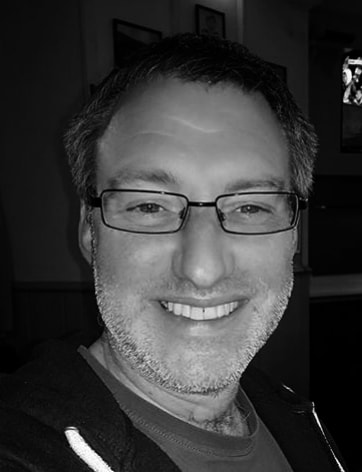
 RSS Feed
RSS Feed

